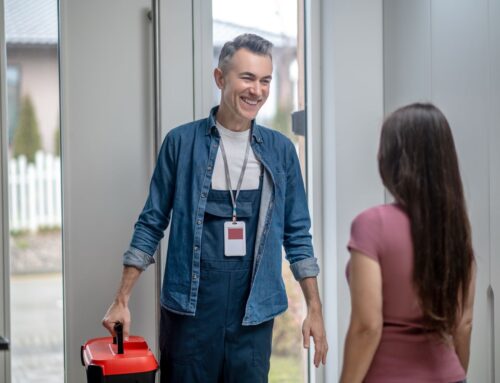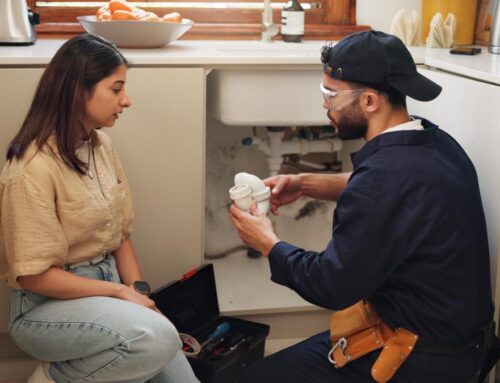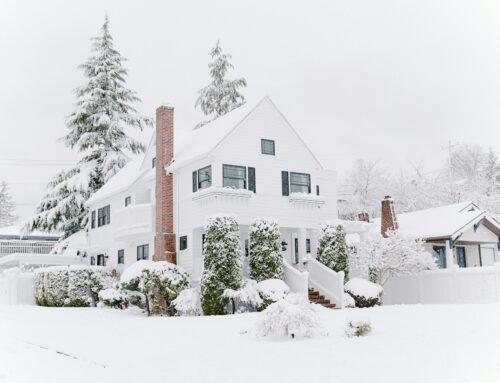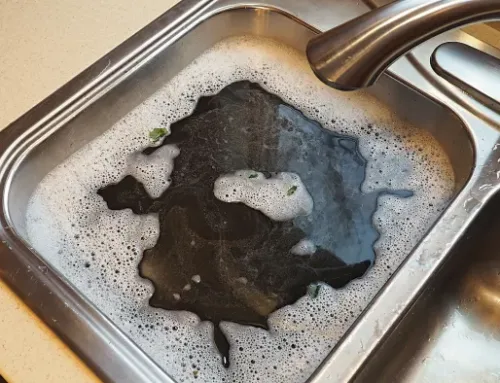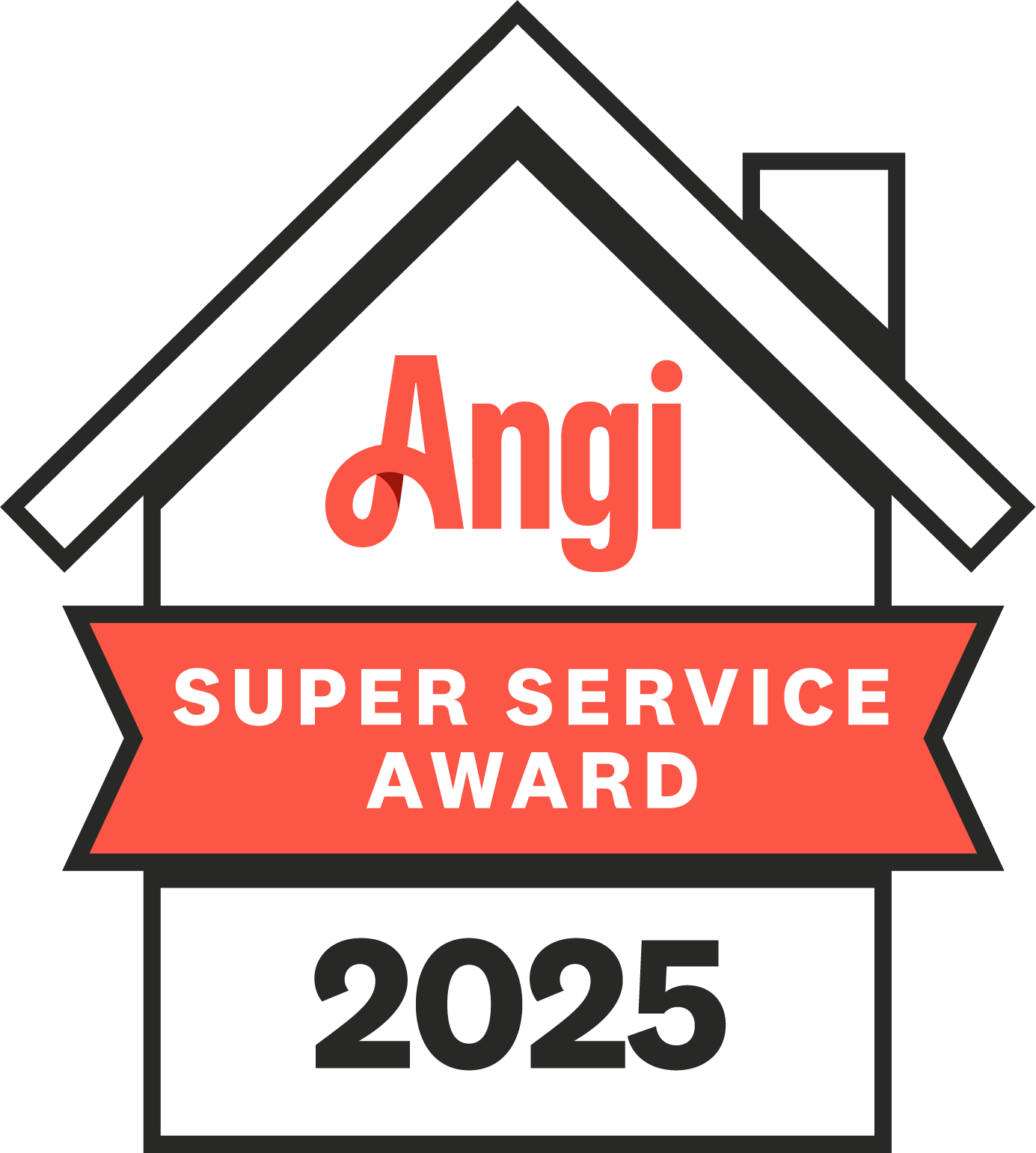Your plumbing pipes work hard behind the scenes, carrying waste, dirty water, and debris out of your home. But over time, they can get dirty and clogged, leading to slow drains, bad smells, and even major plumbing problems. In this guide, we’ll show you safe and effective ways to clean your pipes using simple tools and natural methods. You’ll also learn how to prevent clogs before they start, save money on plumbing repairs, and keep your entire plumbing system running smoothly.
Why Clean Plumbing Pipes Regularly?
Most homeowners don’t think about their plumbing pipes until something goes wrong, like a nasty clog or sewer smell. But cleaning your pipes every few months keeps your drains flowing properly, helps you avoid backups, and extends the life of your plumbing system.
It’s not just about convenience. Dirty pipes can lead to bigger issues like leaks, cracked pipes, and expensive repairs. Regular pipe maintenance is a simple way to protect your home and your wallet.
Signs Your Plumbing Pipes Need Cleaning
You don’t have to guess when it’s time to clean your pipes. Watch for these common warning signs:
-
Water drains slowly from sinks or showers
-
Gurgling sounds coming from the drains
-
Foul odors near sinks or toilets
-
Water backing up in the tub or sink
-
Toilets that don’t flush properly
-
Grease or food smells in the kitchen
If you notice any of these problems, your pipes are likely dirty or partially blocked.
Safety First: What to Know Before You Start
Before cleaning your plumbing pipes, take a few precautions:
-
Wear gloves to protect your hands
-
Don’t mix chemical cleaners—this can be dangerous
-
Always ventilate the area when using store-bought cleaners
-
Use natural methods first before reaching for harsh chemicals
If you’re unsure or uncomfortable doing it yourself, it’s always okay to call a plumber.
Use Baking Soda and Vinegar (The Classic Combo)
One of the easiest and safest ways to clean your plumbing pipes is by using baking soda and vinegar. This natural reaction helps break down grease, grime, and mild buildup.
Here’s how:
-
Pour ½ cup of baking soda down the drain.
-
Follow with 1 cup of white vinegar.
-
Cover the drain with a cloth or plug.
-
Wait 15-30 minutes.
-
Rinse with hot water.
This method is gentle, safe for most pipes, and works great as a monthly preventive step.
Try a Bacterial Drain Cleaner (Safe & Eco-Friendly)
Bacterial drain cleaners contain enzymes and microbes that eat away at organic waste inside your pipes. Unlike chemical cleaners, they won’t corrode your pipes or pollute the water system.
These cleaners take longer to work, usually overnight, but they’re safer and ideal for ongoing maintenance.
To use:
-
Pour the recommended amount into the drain before bed.
-
Let it sit overnight while the bacteria work.
-
Flush with warm water in the morning.
Use bacterial cleaners once a month to keep your pipes clean and healthy.
Melt Grease with Hot Water and Salt
Kitchen drains are especially vulnerable to grease buildup. Even if you don’t pour oil directly down the drain, small amounts from washing dishes can still cause problems.
What to do:
-
Boil about 4 cups of water.
-
Add 2 tablespoons of salt.
-
Pour it slowly down the drain.
The heat melts grease, and the salt helps scrub the pipe walls. This simple trick helps keep kitchen drains flowing smoothly and smelling fresh.
Enzyme Cleaners: A Natural Deep Clean
Enzyme drain cleaners work similarly to bacterial cleaners. They use natural enzymes to break down hair, food, grease, and organic matter.
These products are often used by professionals but are also sold in hardware stores or online.
Tips for success:
-
Always follow the instructions on the label.
-
Don’t use enzyme cleaners right after chemical ones (they can cancel each other out).
-
Give it time—enzyme cleaners work best if left to sit for 6–12 hours.
They’re especially helpful for bathroom and kitchen drains.
Use a Long Wire Hook to Remove Hair and Gunk
Hair is one of the biggest culprits in bathroom clogs. Instead of pushing it deeper into the drain with liquid cleaners, use a wire hook or drain snake to physically remove it.
DIY wire hook:
-
Take a wire coat hanger and straighten it out.
-
Bend one end into a small hook.
-
Insert it into the drain and pull up hair or gunk.
You may be surprised how much is stuck in your pipes. This method works best in tubs and bathroom sinks.
Flush Your Pipes with Boiling Water
Boiling water is one of the oldest tricks in the book—and it works! Especially effective for grease and soap buildup, boiling water helps loosen grime and push it down the drain.
How to use it:
-
Boil a large pot of water.
-
Slowly pour it down the drain in two or three stages.
-
Wait a few seconds between pours to let it work.
Avoid using boiling water on plastic pipes (like PVC), as it can warp them. Use hot (not boiling) water instead.
Clean the P-Trap Under Your Sink
The P-trap is the U-shaped part of the pipe under your sink. It collects debris and prevents sewer gases from entering your home. But over time, it can get clogged.
How to clean it:
-
Place a bucket underneath the trap.
-
Unscrew the slip nuts on both ends.
-
Remove the trap and dump the contents.
-
Rinse it with warm water and a small brush.
-
Reattach the trap and check for leaks.
Cleaning the P-trap can solve stubborn clogs that other methods can’t.
When to Use a Drain Snake
If none of the above methods work, it might be time to use a drain snake. This tool can reach deeper into the plumbing system to break up clogs.
How to use a drain snake:
-
Feed the cable into the drain slowly.
-
Turn the handle to break up or catch the clog.
-
Pull it out and dispose of any debris.
-
Flush the drain with water afterward.
Manual drain snakes are affordable and great for DIYers. Power augers are better for deeper or tougher clogs but may require professional handling.
How to Prevent Future Pipe Clogs
Keeping your plumbing pipes clean starts with everyday habits. Here are a few things you can do:
-
Avoid pouring grease or oil down the drain
-
Use a hair catcher in showers and sinks
-
Scrape food into the trash before washing dishes
-
Run hot water after using the sink
-
Clean your pipes monthly with baking soda and vinegar
Good habits make a big difference in preventing costly plumbing issues.
What Not to Put Down Your Drains
Many clogs are caused by putting the wrong things down the drain. Avoid flushing or draining these items:
-
Cooking oil and grease
-
Coffee grounds
-
Eggshells
-
Hair and dental floss
-
Paper towels and wipes (even “flushable” ones)
-
Harsh chemical cleaners too often
These items can damage your pipes or create blockages that are tough to fix.
Should You Pressure Clean Your Pipes?
Hydro jetting (or pressure cleaning) is a professional method that blasts water through your pipes to clear deep clogs and buildup. It’s very effective—but not for DIY use.
This method is best for:
-
Older homes with years of buildup
-
Frequent clogs that come back
-
Sewer line maintenance
Call a licensed plumber if you think your system needs hydro jetting.
How Often Should You Clean Pipes?
Here’s a basic schedule for keeping your plumbing healthy:
-
Light cleaning (baking soda/vinegar): Every month
-
Enzyme or bacterial cleaner: Every 2–3 months
-
Physical cleaning (P-trap or drain snake): Every 6 months
-
Full inspection and professional cleaning: Once a year
Adjust this schedule based on how many people live in your home and how often your drains clog.
When to Call a Professional Plumber
Sometimes, cleaning your plumbing pipes just isn’t enough. If you notice these issues, it’s time to bring in a pro:
-
Multiple drains are backing up at once
-
Sewage smells that don’t go away
-
Standing water that won’t drain
-
Leaks around pipes or under sinks
-
Gurgling from toilets when using the sink
These signs could point to bigger problems in your sewer line or main drain, and waiting too long can lead to water damage or worse.
Final Thoughts
Cleaning your plumbing pipes may not be glamorous, but it’s one of the most important things you can do to protect your home. With a few simple tools and regular maintenance, you can avoid clogs, bad smells, and expensive repair bills.
Whether you use baking soda, enzyme cleaners, or a drain snake, the goal is the same: clear the path so water can flow freely. Make pipe cleaning part of your regular home care routine and enjoy a cleaner, safer, and more efficient plumbing system.
If you’re facing repeated clogs or serious plumbing issues, don’t wait. A local professional plumber can inspect your system, provide targeted solutions, and help you prevent future problems for good.




